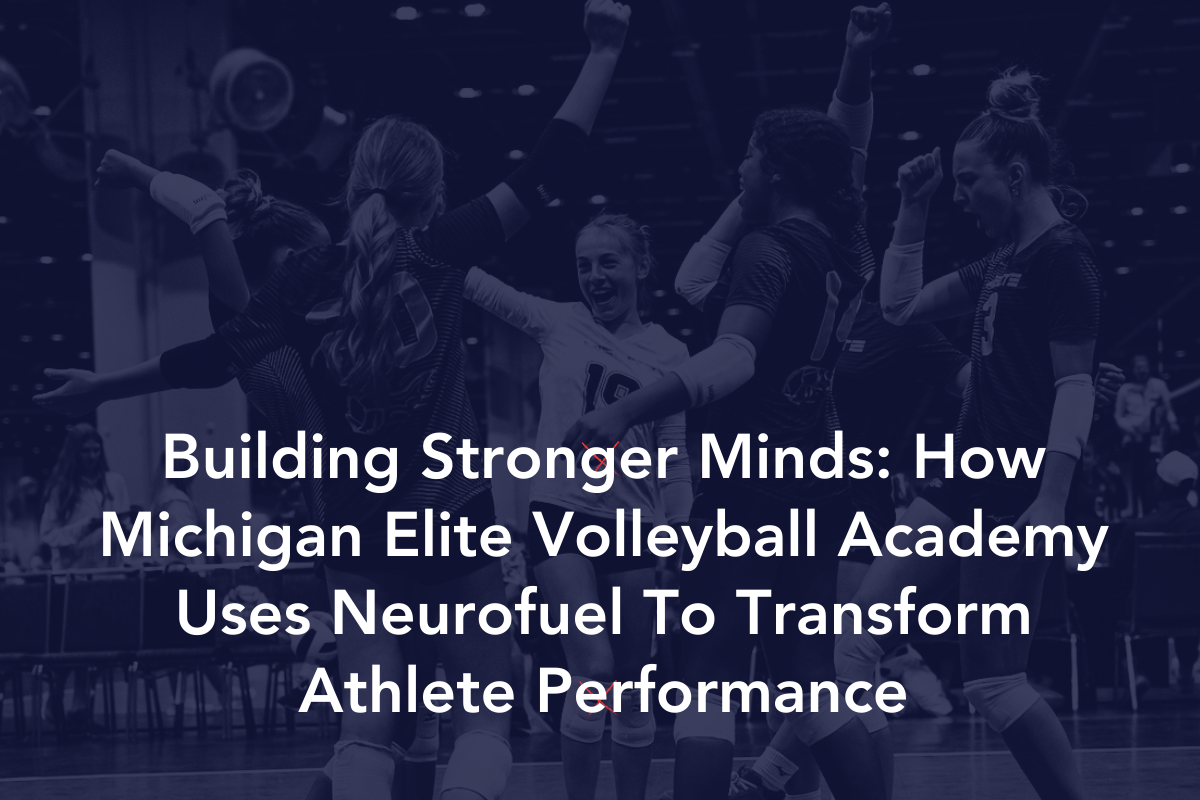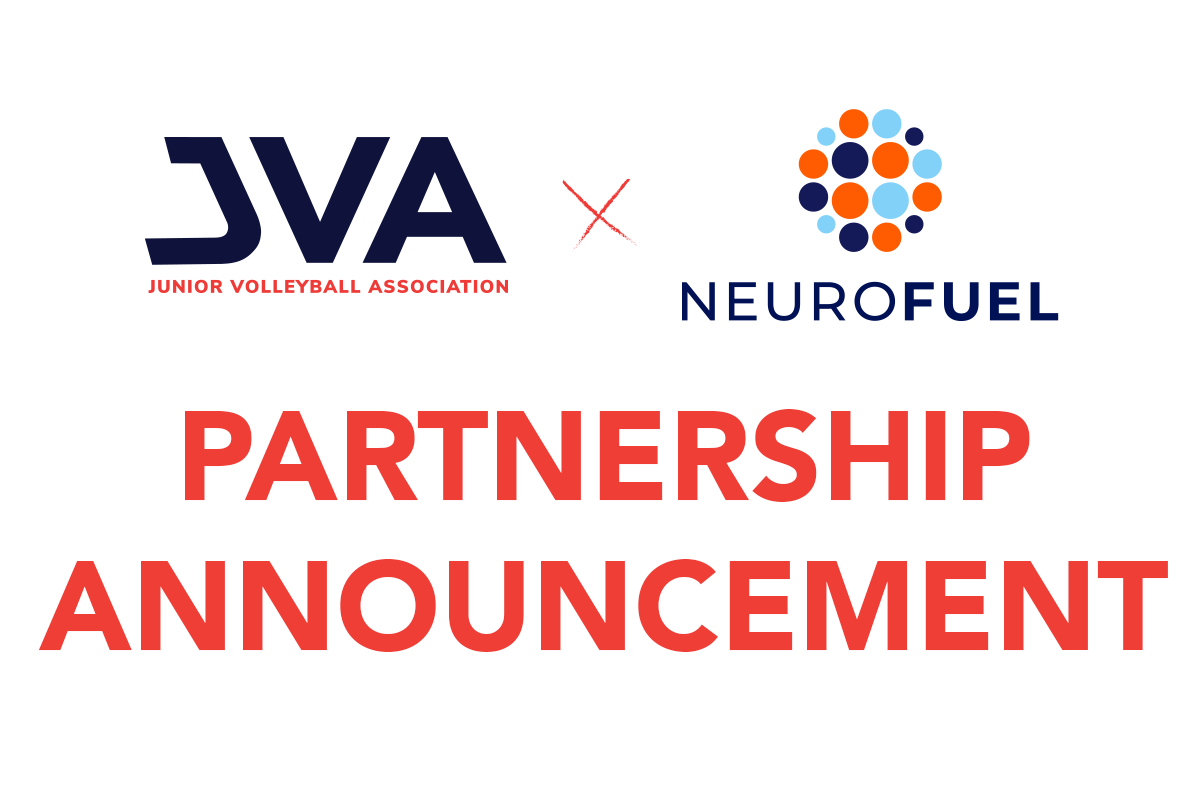Even athletes with perfect mechanics can fall apart under pressure. They can forget routines, stop communicating, or start playing “not to lose” instead of going after the moment. Volleyball is a fast, emotional, momentum-driven sport. And so much of what determines success in tight games — or in long seasons — comes down to how athletes manage their minds.
How Mental Training Helps Athletes Perform
Mental training gives athletes practical tools to manage stress, pressure, and adversity. It helps them stay composed in chaos, bounce back after mistakes, and remain confident even when things go wrong.
Here’s what that looks like on the court:
1. Handling Pressure with Clarity
Athletes don’t just face physical fatigue — they face mental overload. Mental training helps them stay calm and clear-minded when the stakes are high.
2. Recovering Quickly from Mistakes
A shanked pass or a hitting error doesn’t have to define the next point — but only if an athlete has practiced how to mentally reset.
3. Staying Focused Through Fatigue or Frustration
When tired or annoyed, many athletes check out. Mental training teaches them how to stay present and stay in the game.
4. Playing with Trust, Not Fear
Athletes who fear failure often hesitate. Mental strength builds the courage to swing hard, take smart risks, and trust their preparation.
5. Showing Up Consistently, Regardless of Circumstances
Good athletes can play well when things are going well. Mentally trained athletes show up — with energy, focus, and poise — even when they’re tired, behind, or off their rhythm.
If Volleyball Is “90% Mental,” Why Are We Only Training the Physical?
Coaches often say, “Volleyball is 90% mental.” But most teams spend 99% of their training time on physical reps. That’s not because coaches don’t care — it’s usually because they don’t know how to train the mental side, or they’re unsure where to start.
The fact is, you don’t need to overhaul your entire practice plan.
Even small investments — a few minutes per day — in mental training can have an outsized impact on how your players compete, how they practice, and how they carry themselves.
Mental training helps athletes take the skills they’ve built in practice and actually use them under pressure. And that’s the difference between a player who “knows what to do” and one who actually does it when it counts.
Beyond the Court: Mental Skills for Life
The value of mental training doesn’t end when the match does. These skills carry over into real life, giving athletes a strong foundation for whatever comes next — in school, work, and relationships.
Athletes who practice mental skills learn how to:
- Manage stress
- Set and follow through on goals
- Regulate emotions under pressure
- Build real, lasting self-confidence
- Develop resilience when life throws setbacks
For most coaches, this is a big deal – especially the ones that aren’t just trying to build great athletes, but are also hoping to have a positive impact on the lives of the athletes they work with.
View more mental performance education.
Neurofuel is the Preferred High Performance Mental Training Platform of the JVA. JVA has teamed up with NeuroFuel to help you build mentally strong athletes and teams. Learn how to get your team started here.
Neurofuel is a mental training platform designed to help athletes learn about and train the mental techniques proven to help individuals perform to their potential more often in the moments that matter most. Used by more than 1,200 teams and over 23,000 athletes, Neurofuel supports athletes, coaches, and teams in achieving peak performance mindset and long-term personal growth. Learn more at www.neurofuelapp.com/












